Continental and oceanic crust on the upper mantle. Continental crust is the layer of igneous, metamorphic, and sedimentary rocks that forms the geological continents and the areas of shallow seabed close to their shores, known as continental shelves.This layer is sometimes called sial because its bulk composition is richer in aluminium silicates (Al-Si) and has a lower density compared to the.. oceanic crust, the outermost layer of Earth's lithosphere that is found under the oceans and formed at spreading centres on oceanic ridges, which occur at divergent plate boundaries. Oceanic crust is about 6 km (4 miles) thick. It is composed of several layers, not including the overlying sediment. The topmost layer, about 500 metres (1,650.

Oceanic crust vs. continental crust venn diagram will help students compartmentaliz
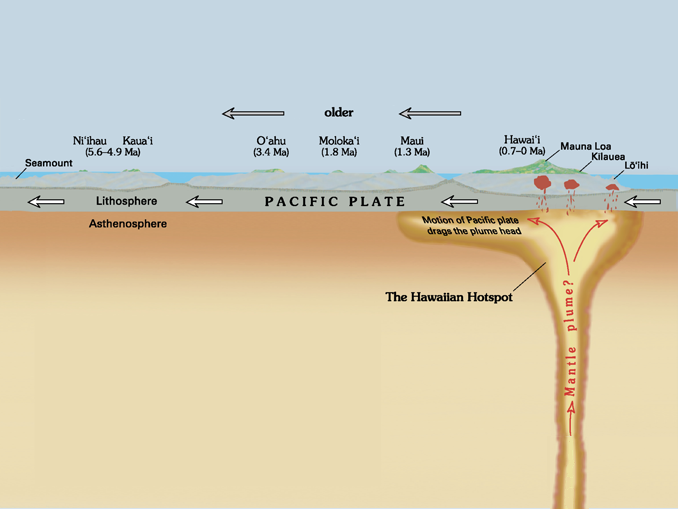
EARTH’S CRUST Oceanic Crust vs Continental Crust Earth How

Comparative attributes of the oceanic and continental crusts Download Scientific Diagram

17 general characteristics of oceanic crust

Oceanic and Continental Crust Fault (Geology) Crust (Geology)

Oceanic and Continental Crust YouTube
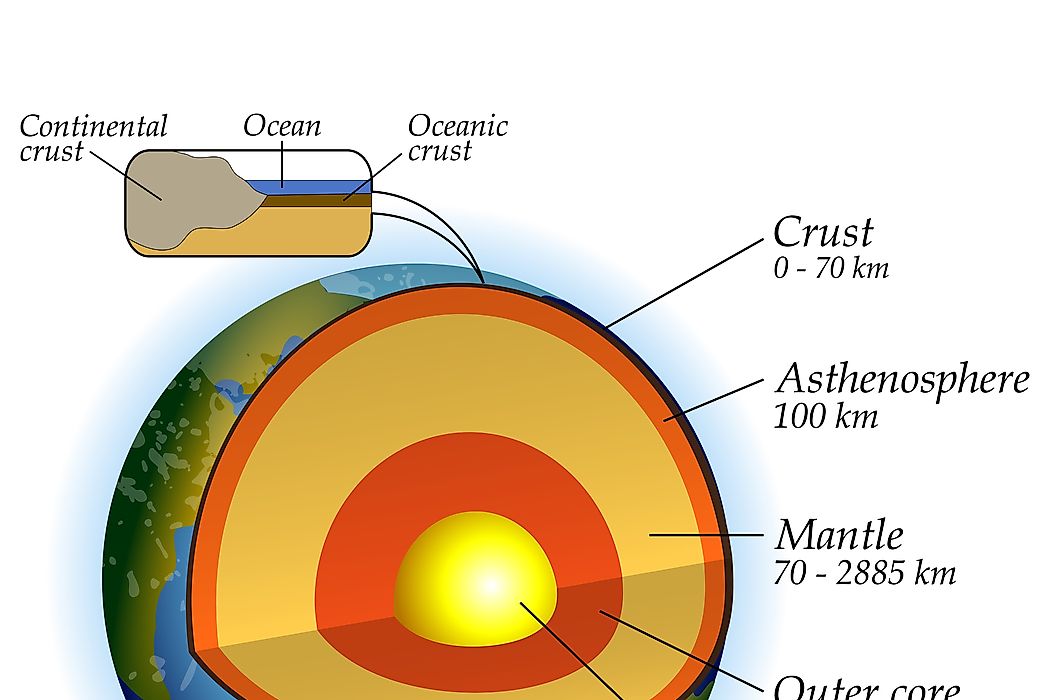
Are There Differences Between Continental Crust and Oceanic Crust? WorldAtlas
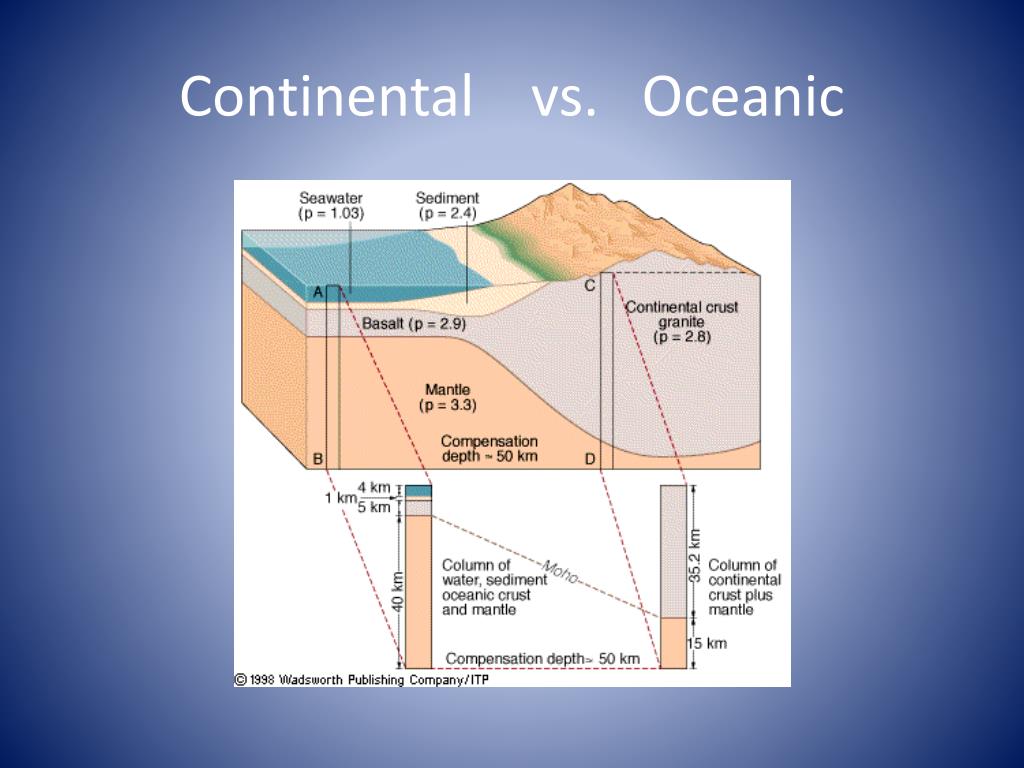
PPT CONTINENTAL CRUST vs. OCEANIC CRUST PowerPoint Presentation, free download ID3738525
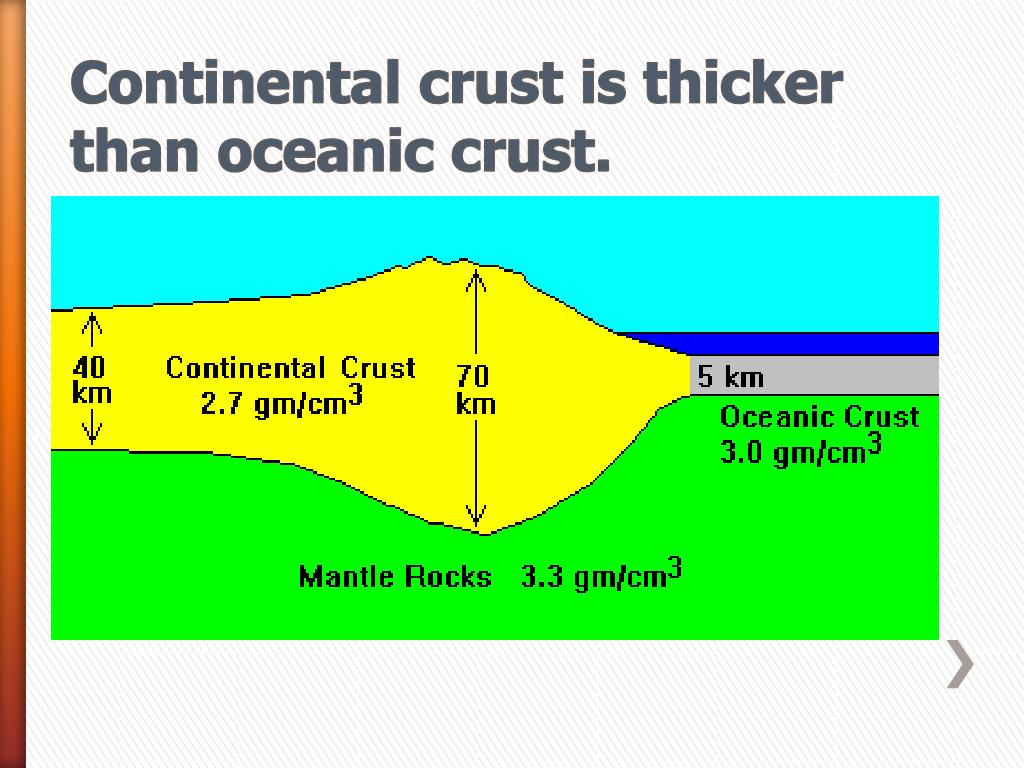
PPT Key Concept The crust is a layer of solid rock that includes both dry land and the ocean

Difference b/w Continental & Oceanic Crust YouTube
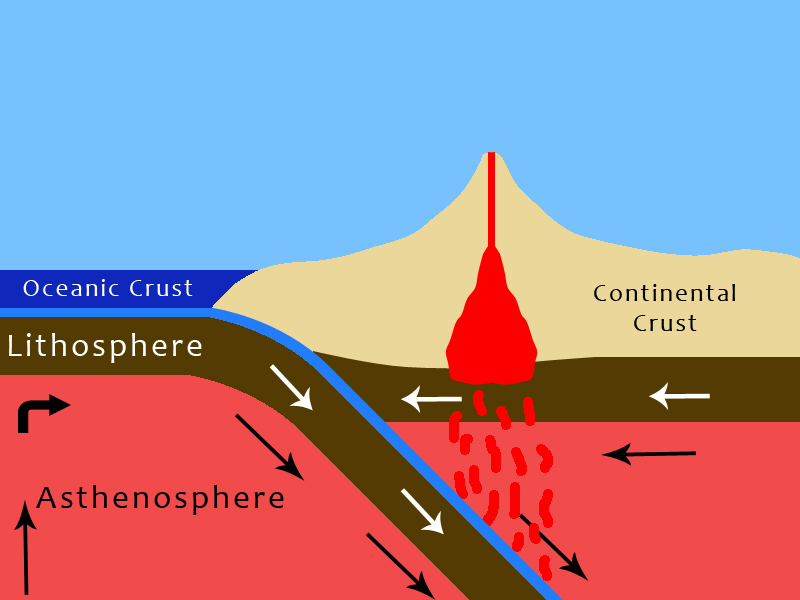
What is the Oceanic Crust Made of

complete the venn diagram below with the appropriate descriptions about the division of the
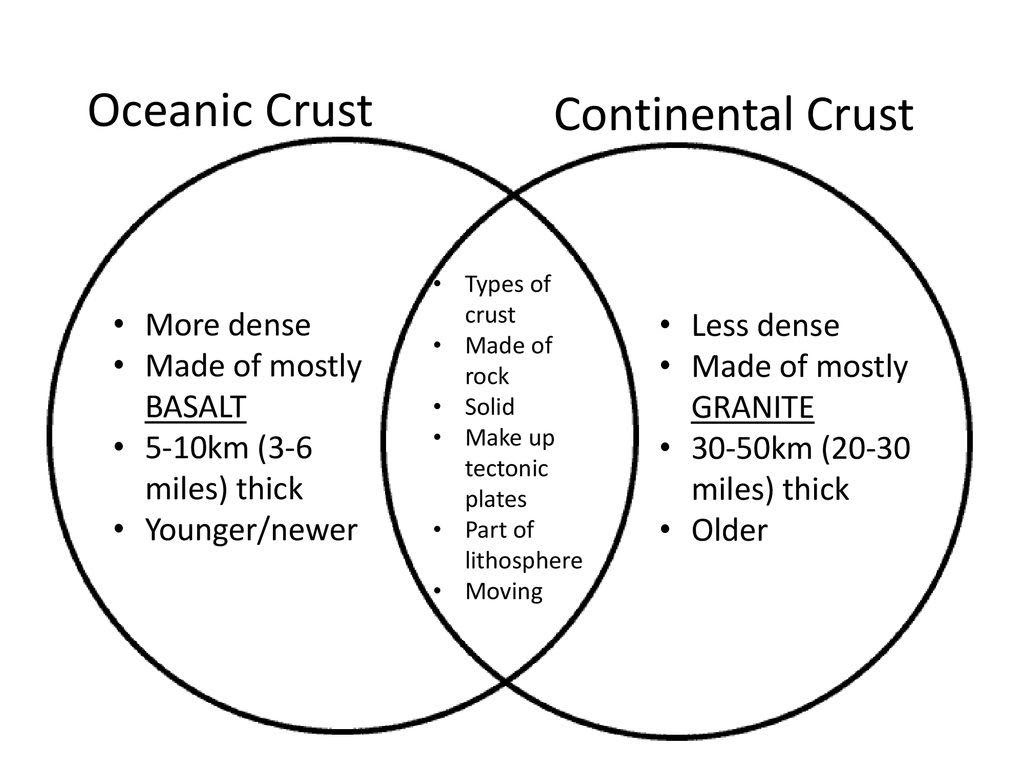
Structure Of The Earth A Level Geography Revision Notes
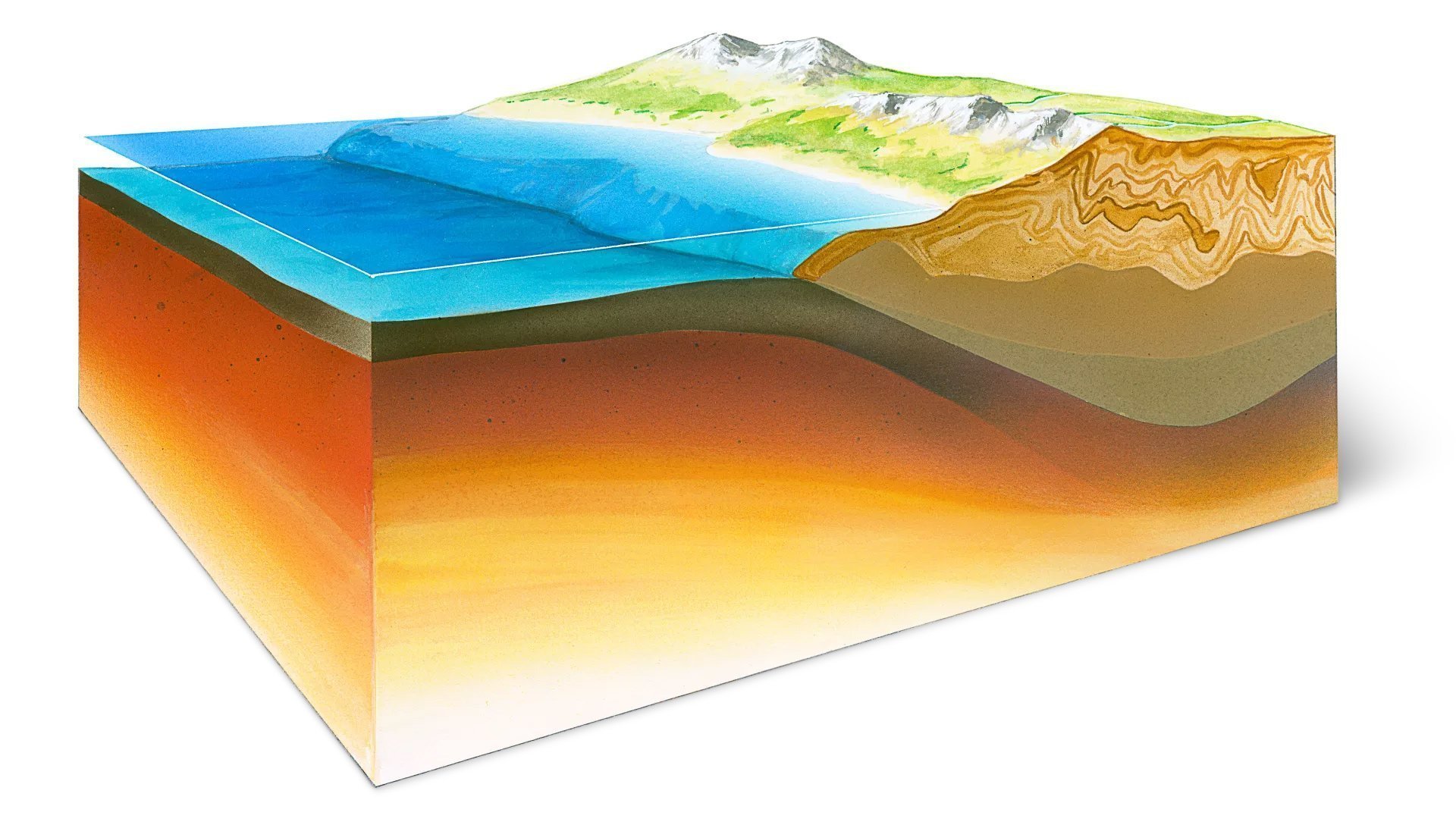
Diferencias entre corteza oceánica y continental Curiosoando

PPT Lesson 4 PowerPoint Presentation, free download ID3408261

When An Oceanic Crust Converges With Another Oceanic Crust A? Top Answer Update

PPT CONTINENTAL CRUST vs. OCEANIC CRUST PowerPoint Presentation, free download ID3738525

The Layered Earth

The Earth's Crust a simple way to view it. GEOetc
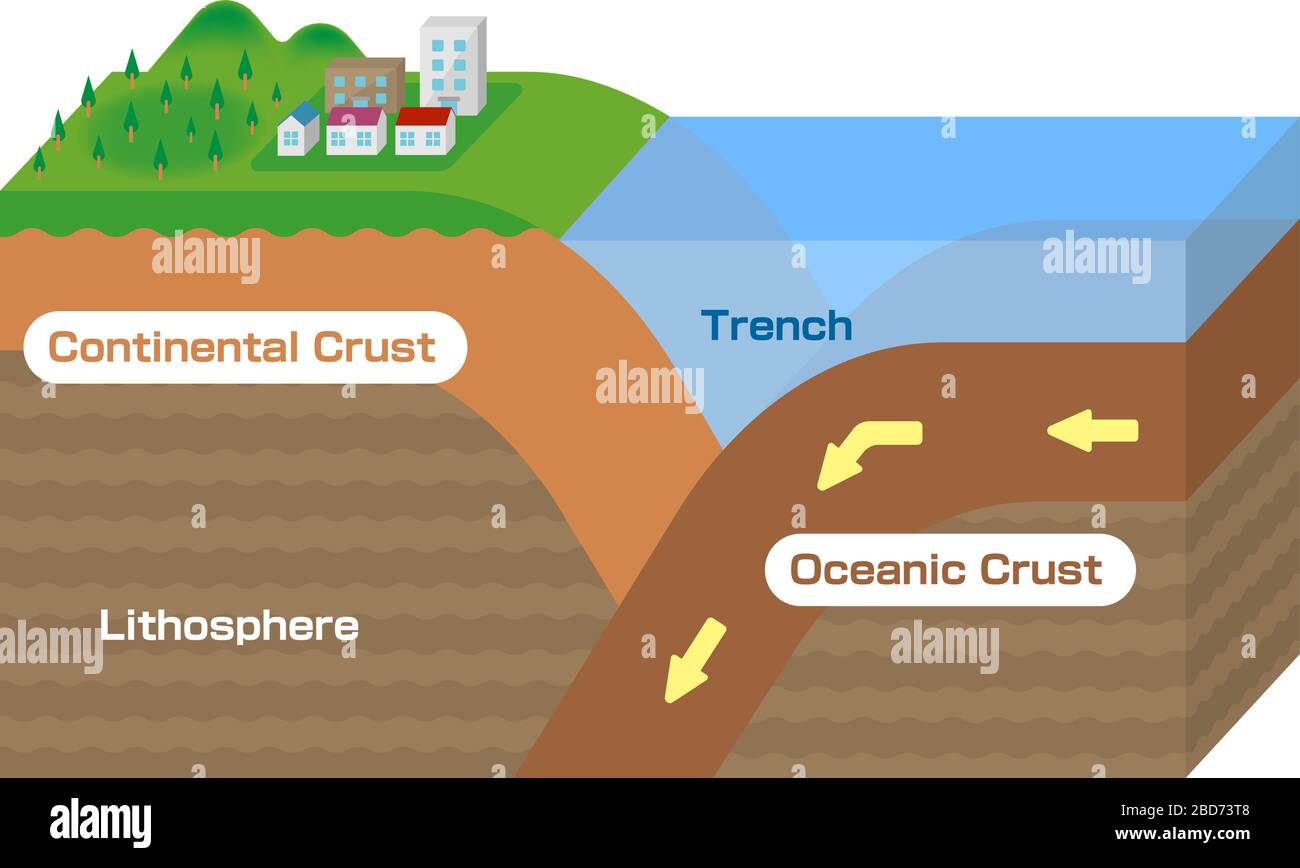
Oceanic and continental crust hires stock photography and images Alamy
Differences in Range and Thickness. Oceanic plates cover approximately 71 percent of Earth's surface, while continental plates cover 29 percent. While oceanic plates cover far more area, they are much thinner than continental crust. Despite their greater density, oceanic plates average only about four or five miles in thickness, compared to.. Summary: 1.The oceanic crust is made up of basalt while the continental crust is made up of granite. 2.The oceanic crust is thinner while the continental crust is much thicker. 3.The oceanic crust is denser than the continental crust. 4.The continental crust has greater buoyancy than the oceanic crust.